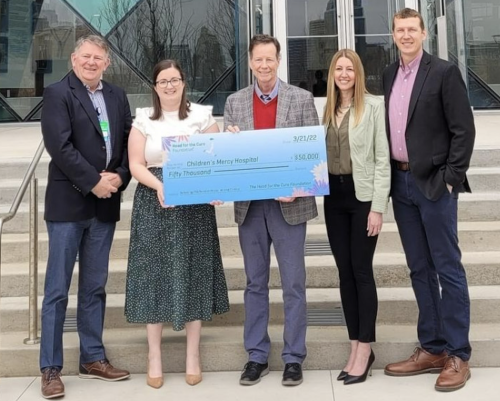September 1, 2024
Comprehensive Resources for Pediatric Brain Tumor Patients And Their Families

Pediatric brain tumors are the most common type of solid childhood cancer and only second to leukemia as a cause of pediatric malignancies. The prognosis of pediatric brain tumors depends on the age at presentation, histological type, and extent of resection. Among all childhood cancers, brain tumors are the leading cause of death.
Navigating a pediatric brain tumor diagnosis can be an overwhelming journey for patients and their families. Fortunately, there are numerous resources available to provide support, information, and assistance during this challenging time.
Here are some key resources that can make a significant difference in the lives of pediatric brain tumor patients and their families:
1. Medical and Treatment Resources
- Children’s Oncology Group (COG): The world’s largest organization devoted exclusively to childhood and adolescent cancer research, offering access to the latest clinical trials and treatment protocols.
- National Cancer Institute (NCI): Provides comprehensive information on pediatric brain tumors, treatment options, and clinical trials.
- Pediatric Brain Tumor Consortium (PBTC): A collaboration of medical centers that focuses on the development of new treatments for children with brain tumors through clinical trials.
2. Support and Counseling Services
- St. Jude Children’s Research Hospital: Offers comprehensive treatment and support, including psychological services and family counseling.
- American Cancer Society (ACS): Provides a wide range of services, from counseling and support groups to financial aid and lodging during treatment.
- CancerCare for Kids: Offers free, professional support services for parents, children, and adolescents, including counseling, support groups, and practical advice.
3. Educational Resources
- CureSearch for Children’s Cancer: Provides resources for understanding pediatric cancer, treatment options, and research advancements.
- The Pediatric Brain Tumor Foundation (PBTF): Offers educational materials, webinars, and workshops to help families understand the diagnosis and treatment process.
- KidsHealth from Nemours: Provides accessible and easy-to-understand medical information specifically tailored for children and their families.
4. Financial Assistance
- The National Children’s Cancer Society (NCCS): Provides financial assistance for travel, lodging, and other expenses related to cancer treatment.
- Family Reach: Offers financial support to families struggling with the financial burden of a pediatric cancer diagnosis.
- Alex’s Lemonade Stand Foundation: Provides travel grants to help cover the costs of transportation and lodging for families traveling to receive treatment.
5. Advocacy and Awareness
- The Brain Tumor Foundation for Children (BTFC): Offers advocacy for increased research funding and better treatments, as well as direct support to families.
- Childhood Brain Tumor Foundation (CBTF): Focuses on raising awareness, funding research, and providing support to families affected by pediatric brain tumors.
- The Ellie Fund: Provides support services and raises awareness about pediatric brain tumors through community events and campaigns.
6. End-of-Life and Bereavement Support
- The Lori Project: Focuses on awareness and support for end-of-life care, providing resources for families navigating this difficult stage.
- National Alliance for Grieving Children (NAGC): Offers resources and support for children and families coping with the loss of a loved one.
- Hospice and Palliative Care Organizations: Provide compassionate end-of-life care and support for families, ensuring that patients receive the best quality of life in their remaining time.
7. Community and Peer Support
- Make-A-Wish Foundation: Grants wishes to children with life-threatening medical conditions, providing joy and hope during a challenging time.
- Ronald McDonald House Charities (RMHC): Offers a “home away from home” for families with children receiving treatment, fostering a supportive community environment.
- SuperSibs!: A program under Alex’s Lemonade Stand Foundation, supporting siblings of children with cancer through resources, care packages, and emotional support.
The journey through a pediatric brain tumor diagnosis is fraught with challenges, but with the myriad of resources available, families can find the support and assistance they need. From medical and financial aid to emotional and community support, these organizations play a crucial role in helping families navigate this difficult path with hope and resilience.
Find more information on this subject by viewing information showcased in the National Library of Medicine.